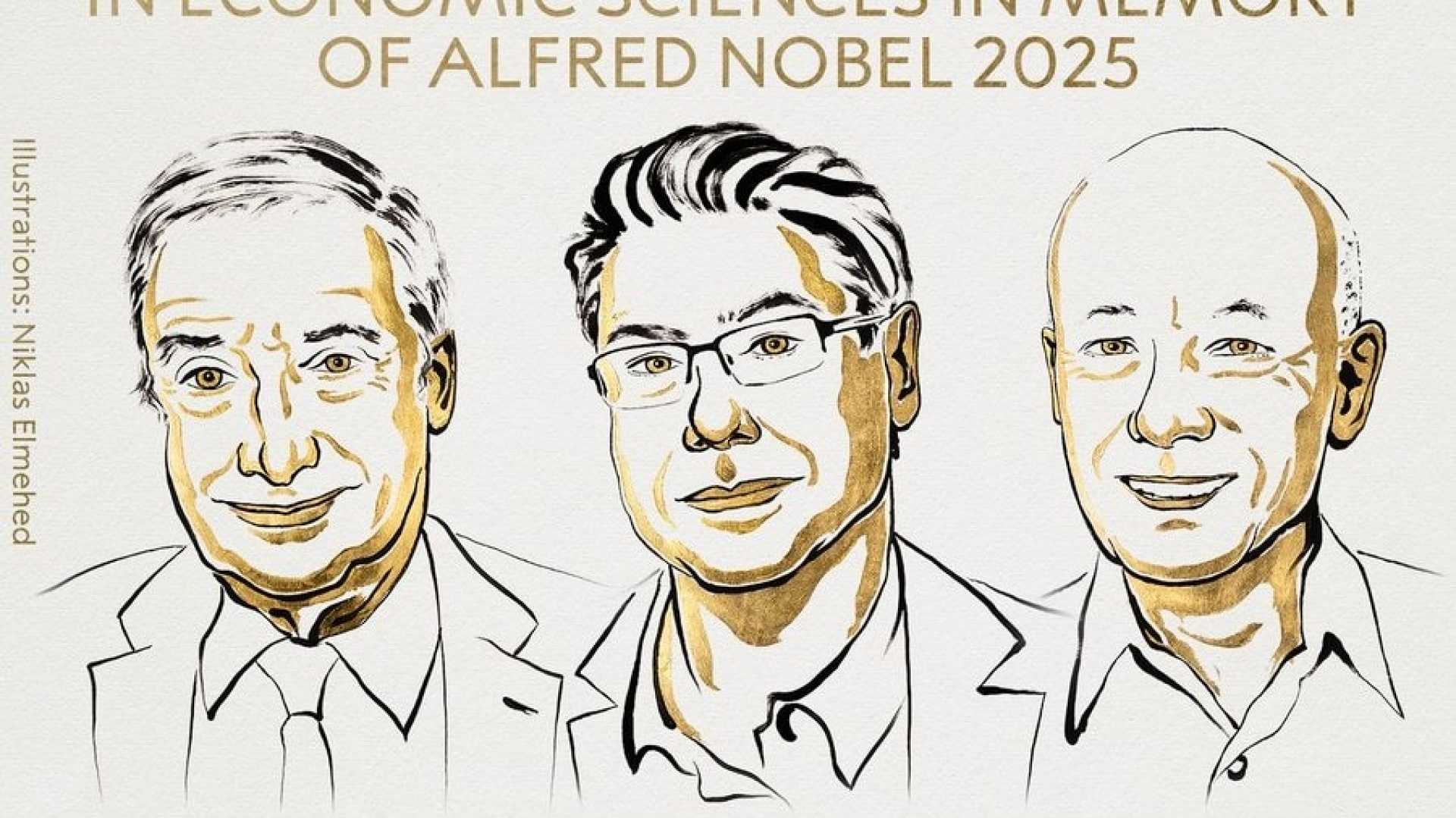News
Nobel Prize in Economic Sciences Awarded to Mokyr, Aghion, Howitt

STOCKHOLM, Sweden — The Sveriges Riksbank Prize in Economic Sciences in Memory of Alfred Nobel for 2025 has been awarded to Joel Mokyr, Philippe Aghion, and Peter Howitt. This year’s honorees were recognized for their work in explaining innovation-driven economic growth.
Joel Mokyr, a professor at Northwestern University in Illinois, shares half of the prize for identifying the foundational requirements for sustained growth through technological advancements. The remaining half is jointly awarded to Philippe Aghion of Collège de France and INSEAD in Paris, as well as Peter Howitt from Brown University in Providence, Rhode Island, for their contributions to the theory of sustained economic growth through the process of creative destruction.
Over the past 200 years, the world has experienced significant economic growth, vastly reducing poverty levels globally. This year’s laureates illustrate how innovation drives economic improvement. Rapid technological progress continues to create new products and methods, promoting higher quality of life standards worldwide. Historically, stagnation prevailed, with growth frequently leveling off despite new discoveries.
Mokyr’s research utilized historical evidence to reveal how sustained growth became the norm. He pointed out that to achieve ongoing innovation, scientific explanations are crucial. This understanding was often missing before the industrial revolution, limiting advancements. He also emphasized the importance of societal receptivity to new ideas.
Aghion and Howitt explored the dynamics of creative destruction, devising a mathematical model in 1992. Their research showed that when a new product enters the market, companies offering outdated technologies can lose their competitive edge. This cycle, while beneficial for innovation, creates necessary challenges that must be managed to prevent established interests from hindering progress.
John Hassler, chair of the prize committee, stated, “The laureates’ work shows that economic growth cannot be taken for granted. We must uphold the mechanisms that underlie creative destruction to avoid returning to stagnation.”
The total prize amount this year is 11 million Swedish kronor, with Mokyr slated to receive 5.5 million kronor. Founded in 1739, the Royal Swedish Academy of Sciences is responsible for awarding the Nobel Prize in economic sciences.












